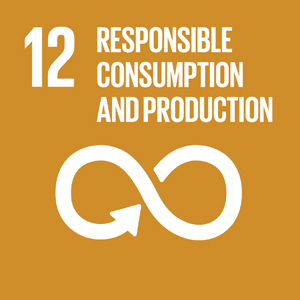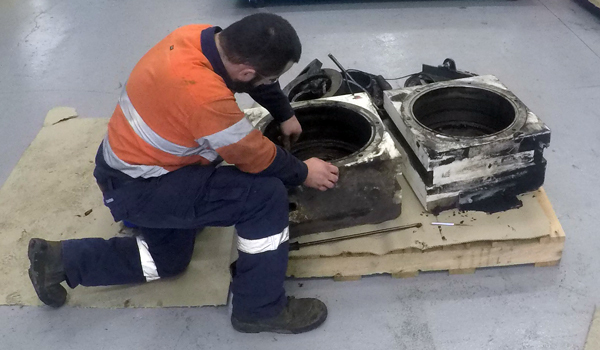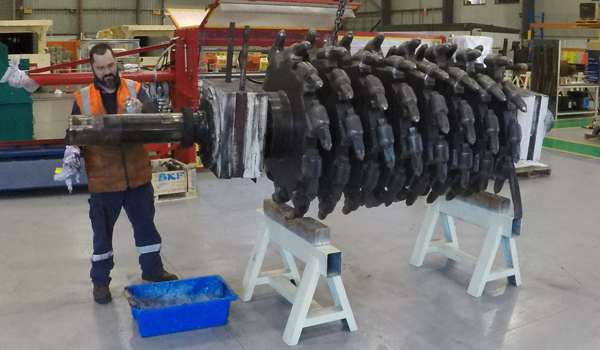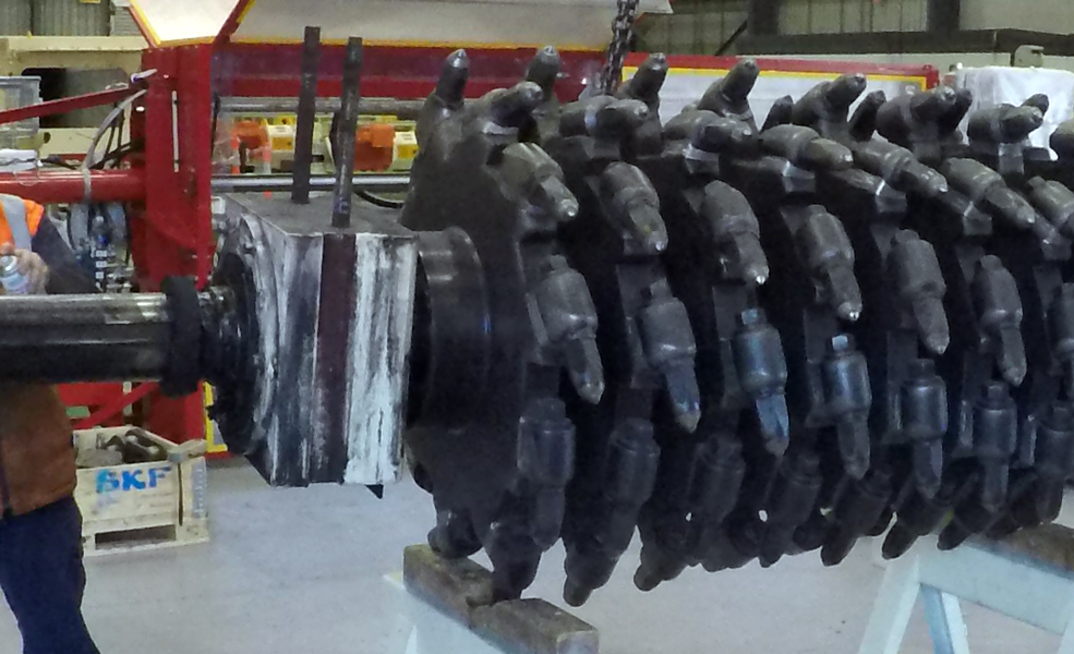Mining is by nature a product of consumption. As population increases and climate changes, the focus on how sustainable the current rates of global consumption are increases. It seems inevitable that the growing middle class will need to reduce consumption which will affect demand.
At the same time producers are expected to ensure they are utilising the best possible practices and technologies to eliminate waste, reduce their energy footprint and recover raw materials wherever possible.
In 2016 the United Nations established a program to help guide countries and large organisations within those countries, to set goals and establish pathways to deliver more sustainable living for future populations. With a 2030 deadline, the program sets out 17 sustainability goals that seek to positively impact the planet and the lives of people everywhere.
Mining organisations are generally at the forefront of environmental and social programs. They are acutely aware that social licence to operate is a major contributor to their long term success. Sustainable production is one of the key outcomes for miners and their local communities.
Small to medium enterprises that service, supply and support mining organisations also have a part to play in driving sustainable operation and production throughout the mining industry.
What does sustainable production mean? Simply put, it is how we do more with less.
As larger companies begin to embrace the U.N. Sustainability Goals they will begin mapping their value chain to find areas where they can reduce negative impacts or enhance positive impacts on these goals. Sustainability auditing starts internally and widens out in one direction toward the end user and back along the supply chain.
As a manufacturer and a supplier to the mining industry there are ways in which we can contribute to United Nations Sustainability Goal 12, Responsible consumption and production. This includes design optimisations to ensure lower power use, reviewing the types of raw materials used in our equipment, and utilising components that require little or no environmental contaminants, such as particular lubricants. In our operation we have installed solar panels on our workshop to reduce energy inputs into the manufacturing process, and we recycle raw materials, tools and parts wherever possible.

In order to support our customers, McLanahan actively promotes the sustainable use of our equipment through prolongation strategies. This includes designing our equipment for maintainability and life extension. In particular, we ensure components are able to be repaired and refurbished rather than be replaced. We engage with our customers through site visits to audit the equipment and its operating condition. Our workshop is custom designed for upgrades and refurbishments. Our team will strip and assess each component to identify whether that component can be reused or refurbished instead of replaced.

McLanahan Bearing Block Refurbishment

McLanahan Pick Roll Refurbishment
We also have arrangements with our component suppliers, including our gearbox supplier who takes back gearboxes for rebuild and offers service exchanges. Steel components and castings that cannot be repaired or re used are also returned to our foundries and other suppliers for recycling. In most cases there is a considerable portion of the machine or assembly that can be repaired and refurbished. This provides not only a cost benefit to the customer; it also drives down energy usage, due to a lower demand for raw materials. Over time with a large number of machines operating for 20 - 30 years, this initiative has a significant impact environmentally.
In the long term it's the collaboration of organisations along the value chain that delivers the cumulative effect on sustainability.
Connect with Chris
https://www.linkedin.com/in/knowlescj/
Images
McLanahan own
ABOUT THIS COMPANY
McLanahan Corporation
Feeding, Crushing, Sampling, Dewatering and Scrubbing equipment.
HEAD OFFICE:
- 27 Kalinya Close, Cameron Park, NSW 2285, Australia
- Phone: +61 2 4924 8248
- Website: www.mclanahan.com.au
- Email: sales@mclanahan.com.au

























